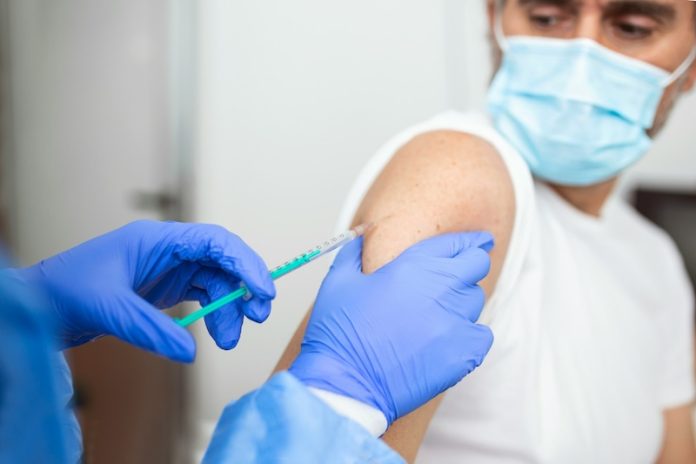
Shingles, a painful skin condition caused by the same virus as chickenpox, is more than just an irritating rash. Recent research reveals it may also increase the risk of serious health issues like heart attacks and strokes, especially for older adults.
Fortunately, the shingles vaccine offers protection not only against the rash but also these potentially life-threatening complications.
Shingles occurs when the varicella-zoster virus, which causes chickenpox, reactivates years later. After a person recovers from chickenpox, the virus stays dormant in their body.
For reasons not fully understood, it can “wake up” later in life, usually in people over 50, causing shingles. The reactivation often leads to a painful rash but can have even more severe consequences.
Studies show that within the first month after the virus reactivates, the risk of a heart attack or stroke increases significantly.
This risk is even higher if the virus affects facial nerves, potentially doubling or tripling the likelihood of a stroke. These findings underline the importance of preventing shingles, particularly for older adults.
The shingles vaccine plays a critical role in reducing these risks. It not only prevents the rash but also provides protection against heart attacks and strokes in the early weeks after vaccination.
According to James Mbinta, the lead researcher in a recent study, the vaccine’s benefits extend far beyond skin health.
Researchers discovered this protective effect by analyzing hospitalization data from 278,375 adults in New Zealand who received the shingles vaccine between 2018 and 2021.
Most participants were aged 70 or older, a group particularly vulnerable to shingles and its complications. They focused on two time frames: the first 42 days after vaccination and a later period, 72 to 162 days post-vaccination.
The results were striking. During the first six weeks after vaccination, hospitalizations for heart attacks and strokes were nearly half of what they were in the later period.
This suggests that the vaccine offers immediate cardiovascular benefits, likely by reducing the inflammation triggered by the virus.
These findings align with similar studies from Australia, where researchers observed fewer strokes among adults aged 70 to 79 who had received the shingles vaccine.
Earlier work by Mbinta also showed that the vaccine reduces the risk of nerve pain, a lingering and debilitating condition that can follow shingles.
Shingles is a common condition, affecting about one in three people during their lifetime. The risk increases with age, making vaccination particularly important for older adults.
For those aged 70 and above, the vaccine offers a double layer of protection—against the painful rash and against serious health issues like heart attacks and strokes.
While any vaccine comes with potential risks, the benefits of the shingles vaccine for older adults appear to outweigh them. It provides not only peace of mind but also tangible health advantages, helping to safeguard both heart and brain health.
For anyone considering the shingles vaccine, it’s important to discuss it with a healthcare provider. They can help weigh the benefits and risks based on your individual health needs.
The shingles vaccine has proven to be more than a preventive measure against a rash. Its potential to lower the risk of heart attacks and strokes, especially in older adults, makes it a valuable tool in maintaining overall health and well-being.
If you care about heart health, please read studies about how eating eggs can help reduce heart disease risk, and Vitamin K2 could help reduce heart disease risk.
For more information about heart health, please see recent studies about how to remove plaques that cause heart attacks, and results showing a new way to prevent heart attacks, strokes.
Copyright © 2024 Knowridge Science Report. All rights reserved.



